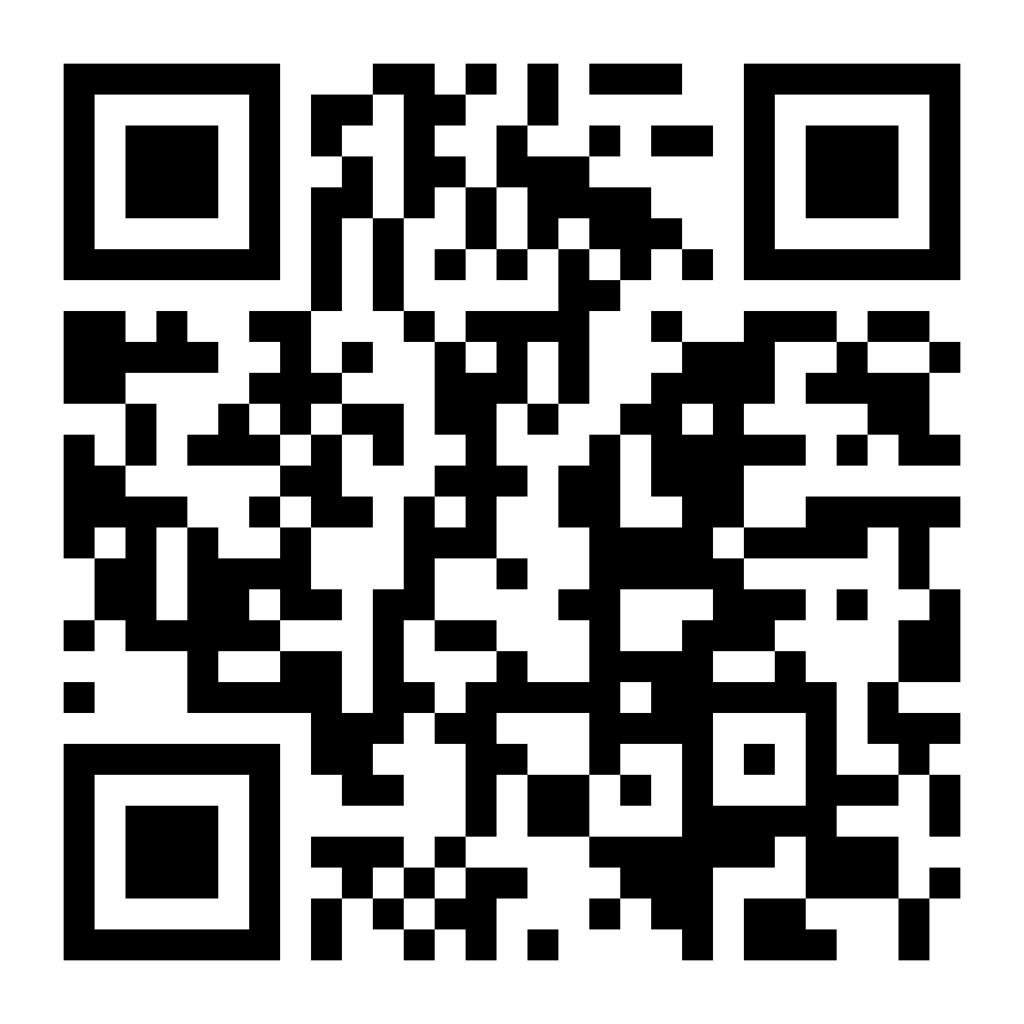As a traveling nurse, you undoubtedly face unique challenges. These range from acclimating to new work environments to managing a transient lifestyle. On the brighter side, you also encounter unique financial advantages, notably tax deductions.
Related: Home Health Care Mileage Reimbursement – Why Companies Should Care
To help you navigate the intricacies of your tax obligations and benefits, we’ve compiled the top 17 tax deductions that can maximize your income and simplify your tax filing process. But before we dive in, remember that tax laws can be complicated and may change over time, so it’s always advisable to consult a professional tax advisor if you’re unsure about anything.
Traveling Nurse Tax Deduction #1: Tax-Free Stipends for Housing
Traveling nurses often have to maintain a residence in a city or state different from their home. The IRS recognizes this and allows for tax-free stipends to cover your housing expenses. The amount you receive varies based on your assignment’s location and current market rates.
Traveling Nurse Tax Deduction #2: Tax-Free Stipends for Meals and Incidentals
Being away from home doesn’t just mean needing a place to stay – it also means eating and managing day-to-day expenses. The IRS permits tax-free stipends for meals and incidentals (M&IE), helping to lighten your financial load.
Traveling Nurse Tax Deduction #3: Travel Reimbursements
Traveling to and from your assignment can be expensive. Thankfully, you can deduct these costs, such as airfare, gas, and public transportation expenses. Remember to keep a diligent record of your travel-related expenditures.
Traveling Nurse Tax Deduction #4: Mileage Deductions
Traveling nurses often commute substantial distances, either by driving from assignment to assignment or traveling to and from the home base. As such, these miles can really add up. Thankfully, the IRS allows for a standard mileage deduction.
This rate fluctuates yearly, but it provides an effective way to reduce your taxable income. The current IRS mileage rate for 2023 is $0.655 per mile. That means, if you travel 100 miles for work, you can deduct $65.50 on your taxes!
How Traveling Nurses Can Track Their Mileage
Be sure to keep a meticulous log of your business-related mileage, including dates, locations, and the purpose of each trip, to claim this valuable deduction. To help you track your mileage more easily, you can use a mileage tracker app like TripLog!
TripLog starts tracking your mileage when you start driving, and stops when you stop. It really couldn’t be more convenient! Download the app for free on iOS or Android and start your savings journey.
Related: Home Healthcare Mileage Tracking Explained
Remember, your commute from a temporary residence to your workplace also qualifies for this deduction. However, commuting from a permanent residence to a workplace does not qualify.
Traveling Nurse Tax Deduction #5: Professional Development Costs
To stay competitive in the fast-paced healthcare industry, you may need to undertake continuous learning and professional development. The IRS allows deductions for related costs, including tuition, books, supplies, and membership fees for professional organizations.
Traveling Nurse Tax Deduction #6: Malpractice Insurance
This form of insurance is often necessary for nurses to protect themselves against potential lawsuits. The good news is that your malpractice insurance premiums can be written off on your taxes.
Traveling Nurse Tax Deduction #7: Uniform Maintenance
Maintaining a professional appearance is a must in the healthcare industry. Thus, the costs related to the upkeep of your uniforms, such as dry cleaning, are tax-deductible.

Traveling Nurse Tax Deduction #8: Licenses and Certification Expenses
The costs of obtaining and renewing necessary nursing licenses or specialized certifications can be quite substantial. However, as a traveling nurse, these expenses can be deducted from your taxable income, helping to offset these mandatory costs.
Related: Reducing Work Burnout In The Home Healthcare Industry
Traveling Nurse Tax Deduction #9: Medical Equipment and Supplies
Often, nurses are required to buy their own medical equipment and supplies. These purchases, including stethoscopes, nursing shoes, and gloves, can be deducted on your taxes, provided they’re not reimbursed by your employer.
Traveling Nurse Tax Deduction #10: Continuing Education
The healthcare industry constantly evolves, requiring healthcare professionals to stay updated. Costs associated with conferences, webinars, online courses, and any other form of continuing education relevant to your nursing profession can be tax-deductible.
Traveling Nurse Tax Deduction #11: State Licensing Fees
As a traveling nurse working across different states, you may need to acquire state-specific licenses. The good news is that these fees can be tax-deductible!
Traveling Nurse Tax Deduction #12: Unreimbursed Work-Related Expenses
If you make work-related purchases that aren’t reimbursed by your employer, these can typically be deducted. This could include anything from purchasing a special nursing journal to providing patient comfort items.
Traveling Nurse Tax Deduction #13: Home Office Deduction
For the times when you find yourself doing work-related tasks at home, the home office deduction might apply. If you use a part of your home exclusively for work-related activities, you may be able to write off a portion of your home expenses.
Traveling Nurse Tax Deduction #14: Tax Preparation Fees
Whether you opt to do your taxes independently using a software program or hire a professional, the costs associated with preparing your taxes can be deducted.
Related: Medical Mileage Deduction Explained
Traveling Nurse Tax Deduction #15: Business Insurance Premiums
If you have taken out a business insurance policy, the premiums you pay for the coverage can be deducted from your taxes. This includes liability insurance, which can be important for those in the healthcare profession.
Traveling Nurse Tax Deduction #16: Medical Equipment and Supplies
As a traveling nurse, there may be occasions when you need to purchase your own medical equipment or supplies for your job, such as stethoscopes, nursing scrubs, or medical reference books. If your employer does not reimburse these expenses, they could be eligible for deduction.
Keep a detailed record of these purchases along with the receipts to make claiming this deduction a smooth process. This can significantly reduce your tax liability and ensure you’re not paying out of pocket for essential work-related expenses. Just ensure these costs are ordinary (common in your profession) and necessary for you to perform your job duties effectively.
Traveling Nurse Tax Deduction #17: Health Insurance Premiums
If you pay for your own health insurance, these costs can also be deducted. This includes not just the premiums, but also out-of-pocket costs for things like co-pays and prescriptions.
Related: The Healthcare Apps You Need To Know About
It’s important to understand that all of these tax deductions come with their own set of regulations and limitations. Consequently, it’s crucial to consult with a tax professional to ensure you’re properly applying these deductions and to keep abreast of any changes in tax laws.
Stay proactive in managing your taxes, and you’ll find yourself reaping the financial benefits that come with the exciting role of a traveling nurse. Remember, a great way to save thousands come tax time is to use TripLog! Download on iOS or Android today.









